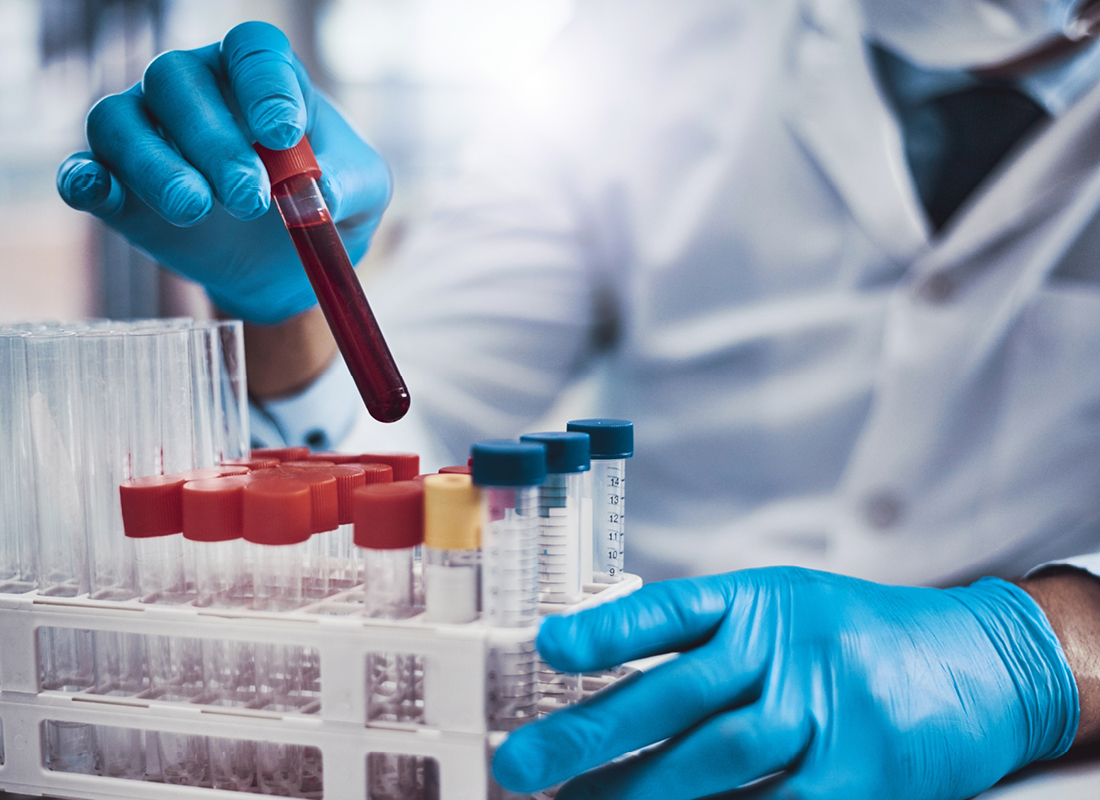ASCO Endorses CAP’s Practice Guidelines for HPV Testing in Head, Neck Cancers
From - Diagnostic Testing & Emerging Technologies The American Society of Clinical Oncology endorsed the American Pathologists' practice guidelines for human papillomavirus (HPV) testing in… . . . read more

The American Society of Clinical Oncology endorsed the American Pathologists' practice guidelines for human papillomavirus (HPV) testing in head and neck cancers.
The guidelines recommend that HPV tumor status should be evaluated for newly diagnosed oropharyngeal squamous cell carcinomas. Testing can be performed by surrogate marker p16 immunohistochemistry on the primary tumor or from cervical nodal metastases. The threshold for positivity is at least 70% nuclear and cytoplasmic expression with at least moderate to strong intensity. Additional confirmatory testing is at the discretion of the pathologist and/or treating clinician. HPV tumor status testing is not routinely needed in nonsquamous carcinomas of the oropharynx or non–oropharyngeal squamous cell carcinomas of the head and neck.
American Society of Breast Surgeons Issues Guideline on Genetic Testing
American Society of Breast Surgeons recently issued a consensus guideline on genetic testing for hereditary breast cancer. Notably, the society recommends that genetic testing should be made available to all patients with a personal history of
breast cancer. Testing should include BRCA1/BRCA2 and PALB2, plus other genes dependent on clinical details and family history. The recommendations also suggest re-evaluation is necessary for patients who had genetic testing in in the past.
CAP Releases Recommendations for AI-Informed, Digital Pathology Analysis
The College of American Pathologists published the first-ever evidence-based clinical practice guideline to help laboratories use artificial-intelligence based analysis, called quantitative image analysis (QIA), in HER2 immunohistochemistry testing for breast cancer. In total, the expert panel developed 11 recommendations.
The guidelines say that laboratories should validate their QIA results for clinical use by comparing them to an alternative, validated method(s) such as HER2 fluorescence in situ hybridization or consensus images for HER2 immunohistochemistry. The recommendations also say that pathology reports should document that results were obtained using QIA. The American Society for Clinical Pathology has endorsed the guideline.
Subscribe to Clinical Diagnostics Insider to view
Start a Free Trial for immediate access to this article